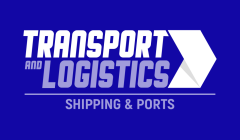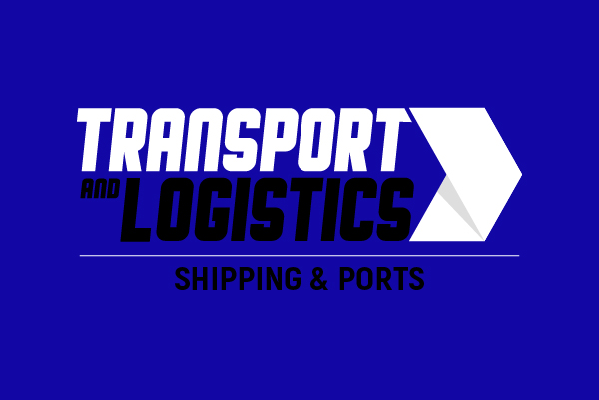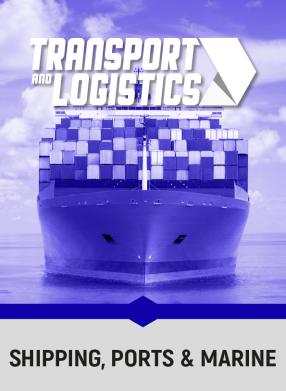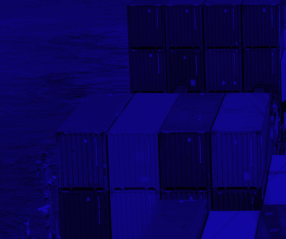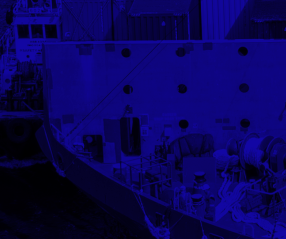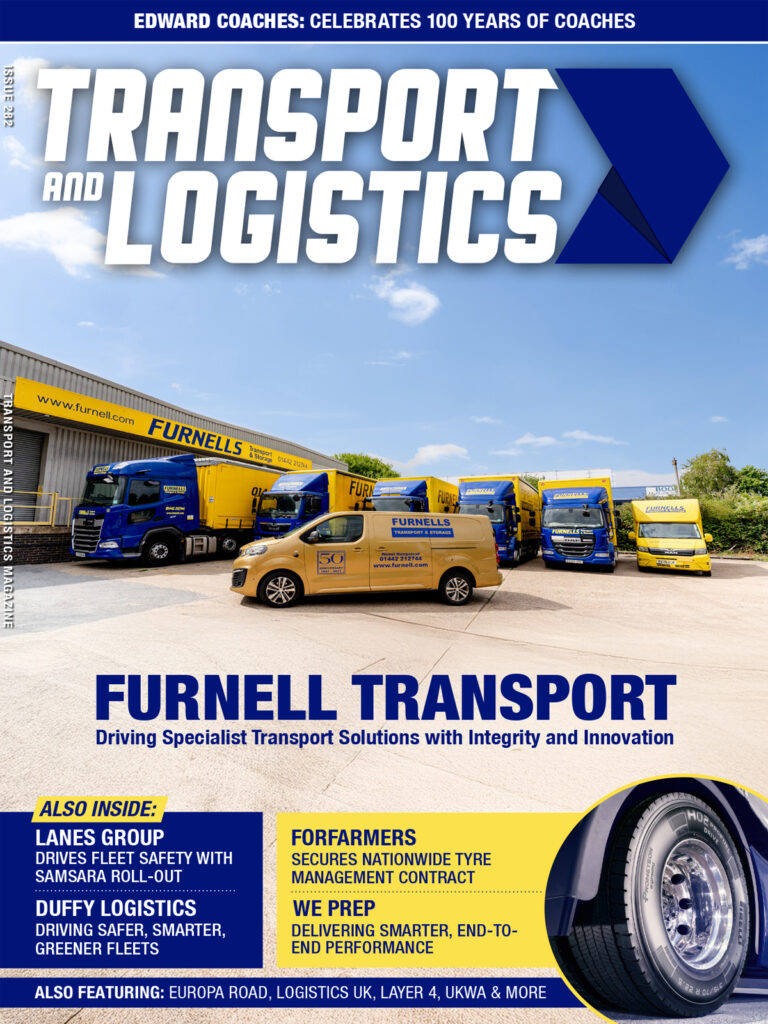The Freight Transport Association recently urged that the British and EU negotiators meeting in Brussels need to listen to the warnings being given by traders and logistics operators working on either side of the channel. It is vital that the post-Brexit arrangements need time and effort in order to ensure the continued smooth passage of trade after Britain leaves the EU. The FTA are trying to encourage both sides of the negotiation table to recognise that transitional arrangements are vital and should be an essential part of the negotiations, if not a priority.
In order to make sure that trade continues to flow smoothly between the EU and the UK after Brexit it is imperative that the arrangements are laid out beforehand and that companies in trade industries have the necessary information in time to put in place the correct protocols to ensure an easy transition. The passage of goods needs to be given priority by both negotiation teams. The FTA’s head of European Policy, Pauline Bastidon has said that it is incorrect to assume that trade can continue to move by default across the Channel and thinking so ignores the work that is needed to make sure that the necessary infrastructure and processes are in place to manage the new arrangements. These changes include IT systems that need to be adapted, and authorities will need to recruit and train customs officials. These adaptations cannot be carried out instantly and is a gradual process. By ignoring the time that is needed to implement these changes, the UK and Europe’s future trading opportunities are put at risk.
The Port of Dover has only recently announced that doubling the time taken to process customs paperwork for one lorry leaving the UK, would lead to such delays that queues of traffic would build up to as much as 17 miles across motorway networks in the UK and France within the space of hours. In order to make sure that the products heading to the UK’s manufacturing and retail sectors continue to pass across the borders with ease.
Aviation and road freight doesn’t seem to have a safety net that would catch it in the event of a no deal Brexit and sudden transition. The default plan for operators in these industries is to use permits under OECD, the number of ECMT permits available from taking this route is limited and barely scratch the surface of meeting the requirements after Brexit for the traders and logistics companies on both sides on the border.
